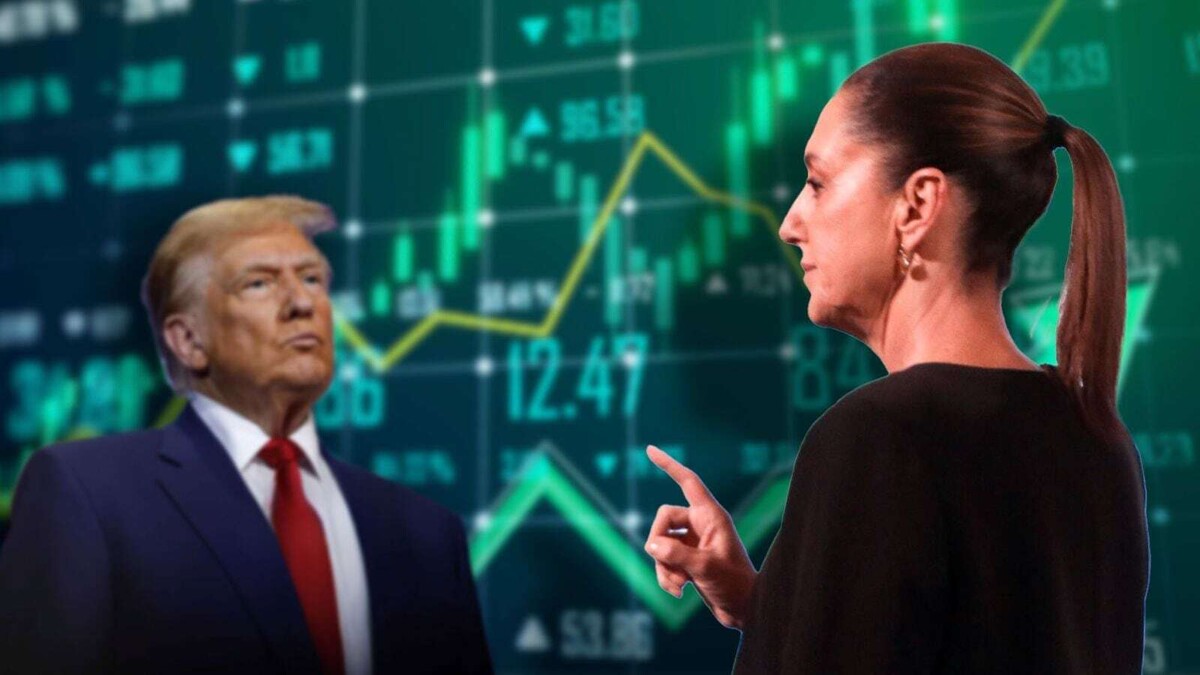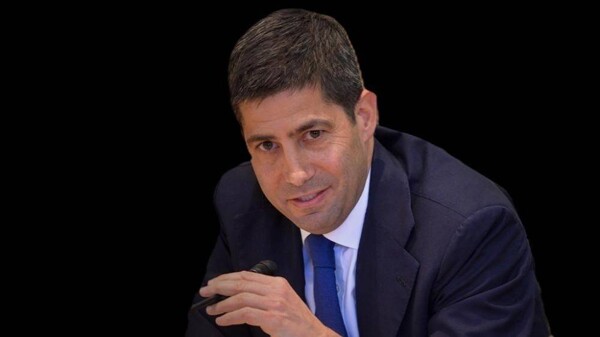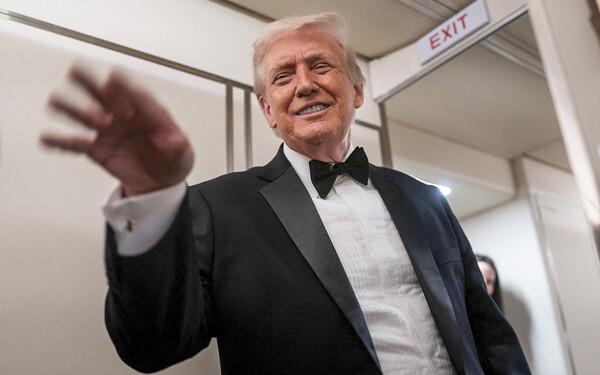
President Donald Trump has made a tempting invitation to investors during his participation in Davos. He promises a corporate tax rate of 15 percent in the United States, a very low rate compared to other countries, such as Mexico, which has a rate of 30 percent. This tax reduction strategy aims to attract investments from multinational companies.
In this offer, Trump focuses his attention on the manufacturing of traditional products, hoping that factories will come to American communities with employed workers. However, it is questioned whether this strategy will fit with the dynamics of the 'New arenas of competition,' according to a report from the consulting firm McKinsey. This new business landscape focuses on sectors such as data analysis, cybersecurity, e-commerce, artificial intelligence, among others, that could easily attract investors.
Despite the appeal of Trump's proposal, the new economy is in more innovative and constantly evolving fields, such as digital advertising. Many of these emerging sectors could operate from countries like Mexico, offering high-demand services and generating significant revenue.
In contrast, in Mexico, there is a simplified tax regime for independent workers called RESICO, which offers much lower rates than in the United States. This scheme could be attractive for entrepreneurs and small business owners who earn less than 3.5 million pesos a year.
At the Annual Meeting of the World Economic Forum in Davos, Mexico City Mayor Claudia Sheinbaum has the opportunity to promote these tax advantages internationally. The city is already attractive to a diverse range of individuals, and its cultural wealth and business opportunities make it a standout destination for investors worldwide.














